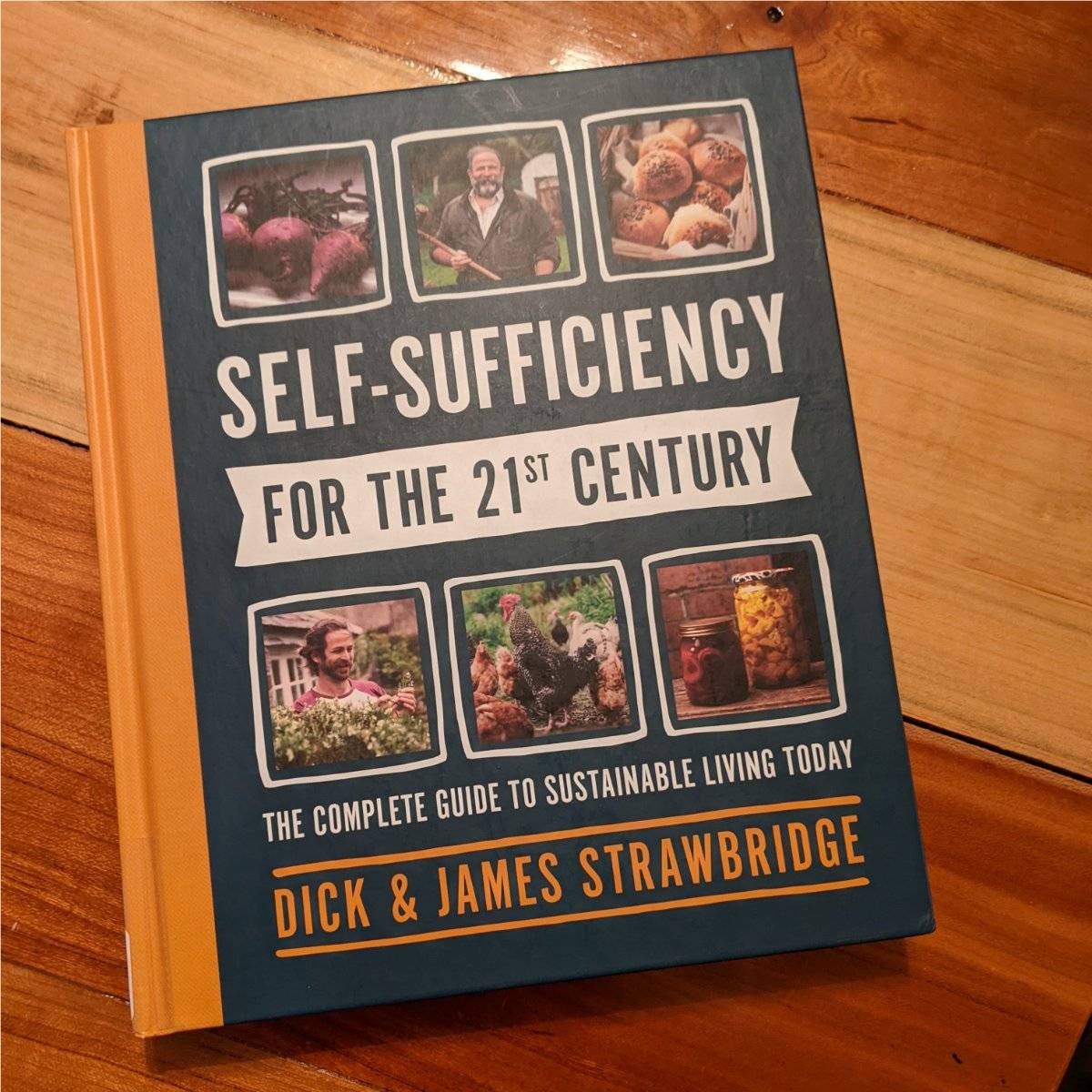
This is the 2020 update to the original 2010 book by the same title. This father/son duo own and operate their own homestead in the UK, and this book is full of concepts and ideas for becoming (as the title implies) more self-sufficient. While there were a lot of things about this book that I really liked, the organization and direction felt muddled to me. For instance, the entire first section of the book just jumps directly into getting off the⬇








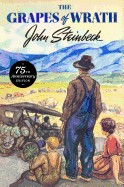
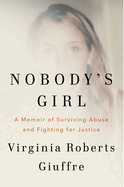
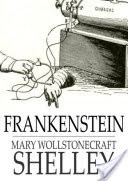
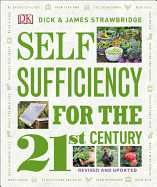







So anyway, an interesting book to look ⬇ 4y